Last year, I read and enjoyed Lolly Willowes (1926), the debut novel by Sylvia Townsend Warner. Penguin Modern Classics have continued to reissue her novels, so I’ve caught up with the next two. I found them intriguingly different from Lolly Willowes and each other – and, above all, worth reading.
Warner’s second novel was Mr Fortune’s Maggot (1927). ‘Maggot’ here means a fad or whimsy, and it’s perhaps a whimsical desire for solitude that leads bank clerk-turned-priest Timothy Fortune, a bank clerk turned priest, to become a missionary on the (fictitious) Polynesian island of Fanua.
After three years, Fortune has not lived up to his name: he has only one convert, a boy named Lueli. Fortune thinks he is getting through to the boy, but Lueli insists on keeping his wooden idol. The time comes for Fortune to take decisive action… and events unfold in a way that challenges his own faith.
Mr Fortune’s Maggot is focused tightly on these two characters, and in that it makes broader points about faith and colonialism. The change in Fortune’s thinking is carefully drawn, and I found the ending deeply affecting.
***
Warner’s introduction to her third novel, The True Heart (1929), says that it’s a retelling of Cupid and Psyche. This wasn’t really on my mind as I read the book, because it’s not a story I knew much about – but there it is anyway. It must be quite a well disguised retelling, because Warner adds that only her mother made the connection at the time!
In 1873, sixteen-year-old orphan Sukey Bond is sent from London to work as a maid on a farm in the Essex marshes. She falls in love with Eric, whom she mistakes for one of the family. He’s actually the son of the rector of Southend, who has been sent away to the farm because his own family consider him “an idiot”.
When Sukey’s and Eric’s love is revealed, he is taken back to Southend, and Sukey sets out to find him. There’s a heightened quality to The True Heart that I really appreciated – Sukey even takes her plight to Queen Victoria – as well as a vivid sense of place.
***
I’ve discovered that this week is Sylvia Townsend Warner Reading Week, hosted by Helen at A Gallimaufry. Head over there for more Warner!
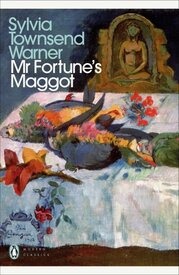


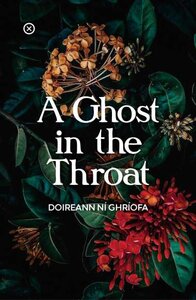
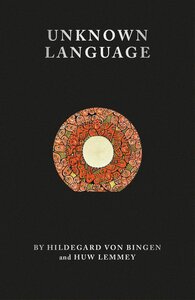

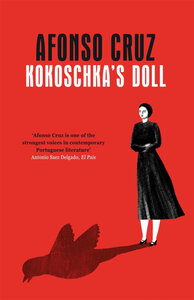


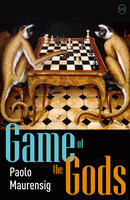
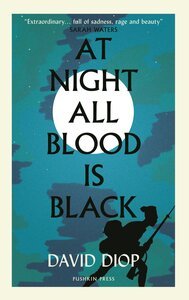
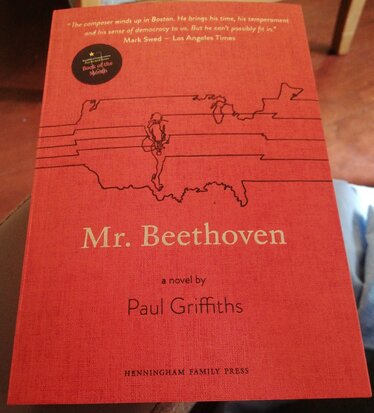
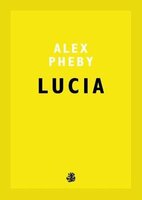
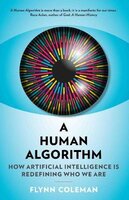
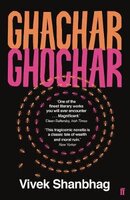
Recent Comments